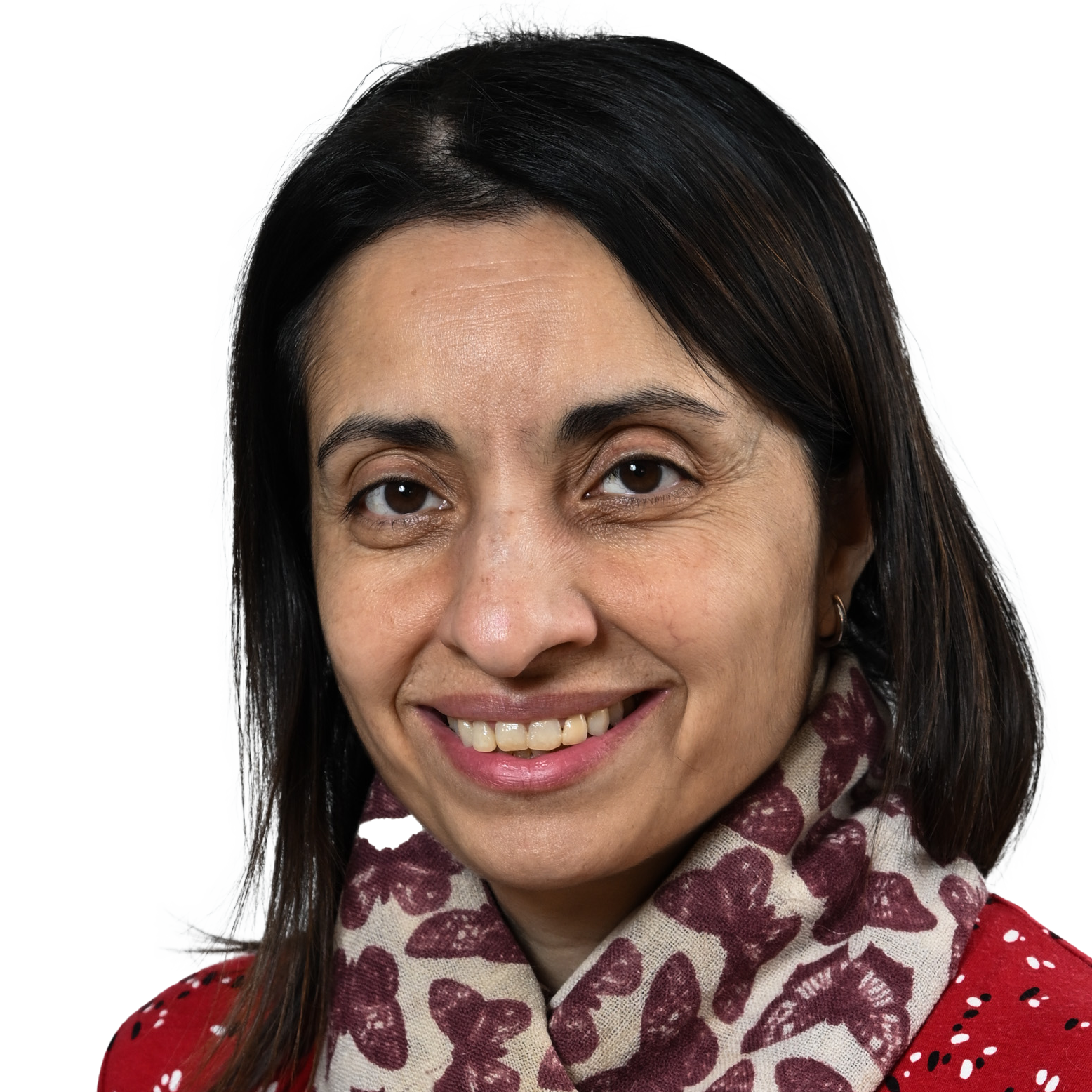This week, we are recognising Race Equality Week, which sees hundreds of thousands of organisations and individuals from all over the UK come together to address the barriers to race equality in the workplace.
Dr Mumtaz Patel is a consultant nephrologist, RCP senior censor and vice president for education and training. She tells This Doctor Can about her experiences of race equality, her experiences joining the medical workforce as a minority, and her thoughts on how society can work together to achieve true inclusivity.
“My parents came to the UK from India in the 1960s and I was born here in the 1970s, so I’m second-generation in that sense.
“As well as being British-Indo-Asian, I’m also a Muslim and female, so my identity is formed by all the things that are important to me, including my family and how I was brought up. As well as ethnicity, I think that your values and your upbringing are an important part of your identity.
“My children are now third-generation and they identify primarily as British, but they still acknowledge their Indian origin and being Muslim.
“I was born and brought up in Preston in Lancashire, and when I was growing up I was definitely more of a minority in school, whereas I don’t think my children see that today. Things seem to be moving forward positively now, but growing up in the 1970s I felt more like a minority.
“I went to an inner-city school, where I was told no one went to university, let alone to study medicine, but I think that was based more on the social class system rather than race.
“I’ve experienced subtle things and unconscious bias – people noticing that I was different and asking some silly questions. It doesn’t bother me anymore, but growing up there were things that made me feel a bit different.
"The sense of belonging and inclusivity is really important and I think we’re better at acknowledging and embracing diversity now, rather than having to fit in with other people as has been the case in the past.
“When I started at medical school, I was very much in a minority. I didn’t face any overt racial discrimination, but there were a lot of questions, particularly about my background, that I had to deal with. I’m a strong person so I was able to get over those things and not take them too much to heart, but I know that some of my friends did find it more difficult.
“I do a lot of research work around how doctors and healthcare professionals progress in different ways. For example, exam pass rates for doctors who are international medical graduates and those from minority ethnic backgrounds are much lower than those of British-White graduates. I’ve been trying to understand and address that attainment gap, and some of it comes down to what they feel is discrimination and inequality, but I think that there are lots of intersectional factors and we need to address them all as a whole.
“Personally, I’ve been very lucky and I’ve had lots of very supportive people in my journey. It’s probably more of my self-doubt and confidence coming from my own cultural background that makes me doubt whether I’ll fit in and succeed. But I was very lucky that I had people to support me and tell me that I can do it and that I should go for it. Before I knew it, I was sat at the national table with other leaders and feeling like I belonged there.
“There was a time, when I was a new consultant, that a patient said they didn’t want to be seen by me because of my ethnicity. On that occasion, another colleague took a positive stance and said that we have staff of all backgrounds and if the patient wouldn’t be seen by me then he wouldn’t be seen by anyone, and the patient was sent home. I then saw the same patient a month or so later and they were very apologetic.
“We say that we have zero tolerance for these things, but we need to implement those policies on the ground at all levels and show that such behaviour isn’t acceptable.
“As an individual, we can stand up to people and advocate for people. At an organisational level, we can make sure that policies and processes are in place and implemented fairly. I think that modelling positive behaviour is very important and sets a precedent.
“True inclusivity and belonging is hard to achieve. It is the goal for everyone, and if we achieve it we all perform better, but it comes with cultural change. Anybody can drive change; it’s not just senior leaders and we can work as a team to drive positive change over time.
“Networks and mentoring are also important – by working with people from different backgrounds as well as similar backgrounds to your own, you can understand the differences and create mixed networks.”
This year, Race Equality Week, is taking place between 5-12 February and is focussing on the theme of #ListenActChange, encouraging participants to focus on three key areas that can create change: organisations moving from words to action, leaders and managers driving change and being accountable and engaged, and allies to become active.
Mumtaz added: “#ListenActChange definitely resonates with me. I think actively listening to people is important. Rather than just token gestures, it should be an ingrained and continued process.
“There is no short-term fix – we need to make sustainable long-term cultural shifts.”





